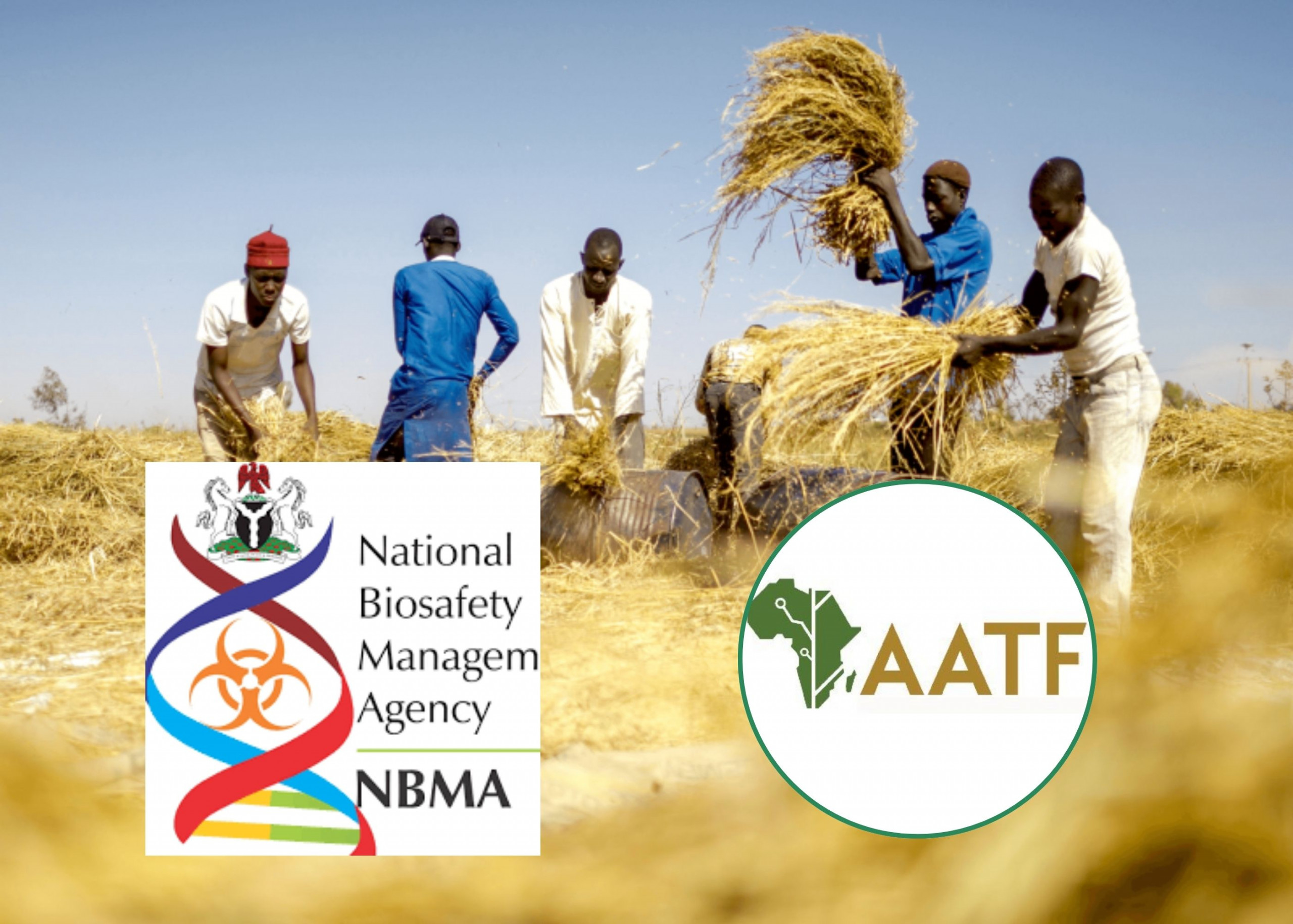News in brief:
– AATF played a vital role in developing Nigeria’s biosafety guidelines, enabling GMO regulation and safe crop adoption.
– Genetically modified crops like BT Cotton, PBR Cowpea, and TELA Maize have helped increase farmers’ yields and reduce costs.
The African Agricultural Technology Foundation (AATF) has been instrumental in shaping Nigeria’s biosafety framework, says Dr. Rufus Ebegba, the former Director-General of the National Biosafety Management Agency (NBMA).
Speaking in an interview, Dr Ebegba highlighted the foundation’s critical contributions to Nigeria’s regulatory environment for biotechnology and genetically modified organisms (GMOs).
Biosafety Act paved the way for biotechnology adoption
Nigeria made a significant leap in its agricultural development when it passed the Biosafety Act in 2015 under the administration of former President Goodluck Jonathan.
According to Dr Ebegba, the AATF provided technical expertise and support during the development of the biosafety guidelines, which were crucial for the safe use of biotechnology in Nigeria.
Nigeria has since emerged as one of the leading countries in Africa for the commercialisation of genetically modified crops. Through the combined efforts of AATF and NBMA, the country successfully released BT Cotton, Pod Borer Resistant (PBR) Cowpea, and TELA Maize. These genetically modified crops are engineered to resist pests and improve yields, offering Nigerian farmers a cost-effective solution to boost productivity.
Training and capacity building for stakeholders
One of the key benefits of genetically modified crops is their ability to resist pests and reduce the need for chemical pesticides. “Farmers can now spend less on chemicals and still achieve higher yields,” said Ebegba.
These crops, developed with support from AATF, have contributed to the country’s efforts to tackle food insecurity by ensuring that farmers harvest more from their farms.
In addition to its role in biosafety, AATF has actively supported capacity-building initiatives for Nigerian farmers, scientists, and journalists. Through workshops, conferences, and study tours, AATF has helped stakeholders better understand biotechnology and biosafety management. Dr Ebegba himself benefited from these opportunities, recounting a study tour to Australia organised by AATF that enhanced his understanding of biosafety practices.
“AATF exposed me to international standards in biosafety, and their continuous support has been invaluable in my career,” he said. Ebegba also emphasised that many other stakeholders in the agricultural sector, including farmers and researchers, have benefitted from AATF’s educational initiatives.
While Ebegba praised AATF’s role in advancing agricultural technology in Nigeria and across Africa, he urged governments to increase their investments in biotechnology to further enhance agricultural productivity. “Africa has vast arable land, and with the right investment in technology, we can achieve food security,” he said.
AATF’s introduction of genetically modified seeds is helping to position African agriculture for future success, making farming more efficient and sustainable.



